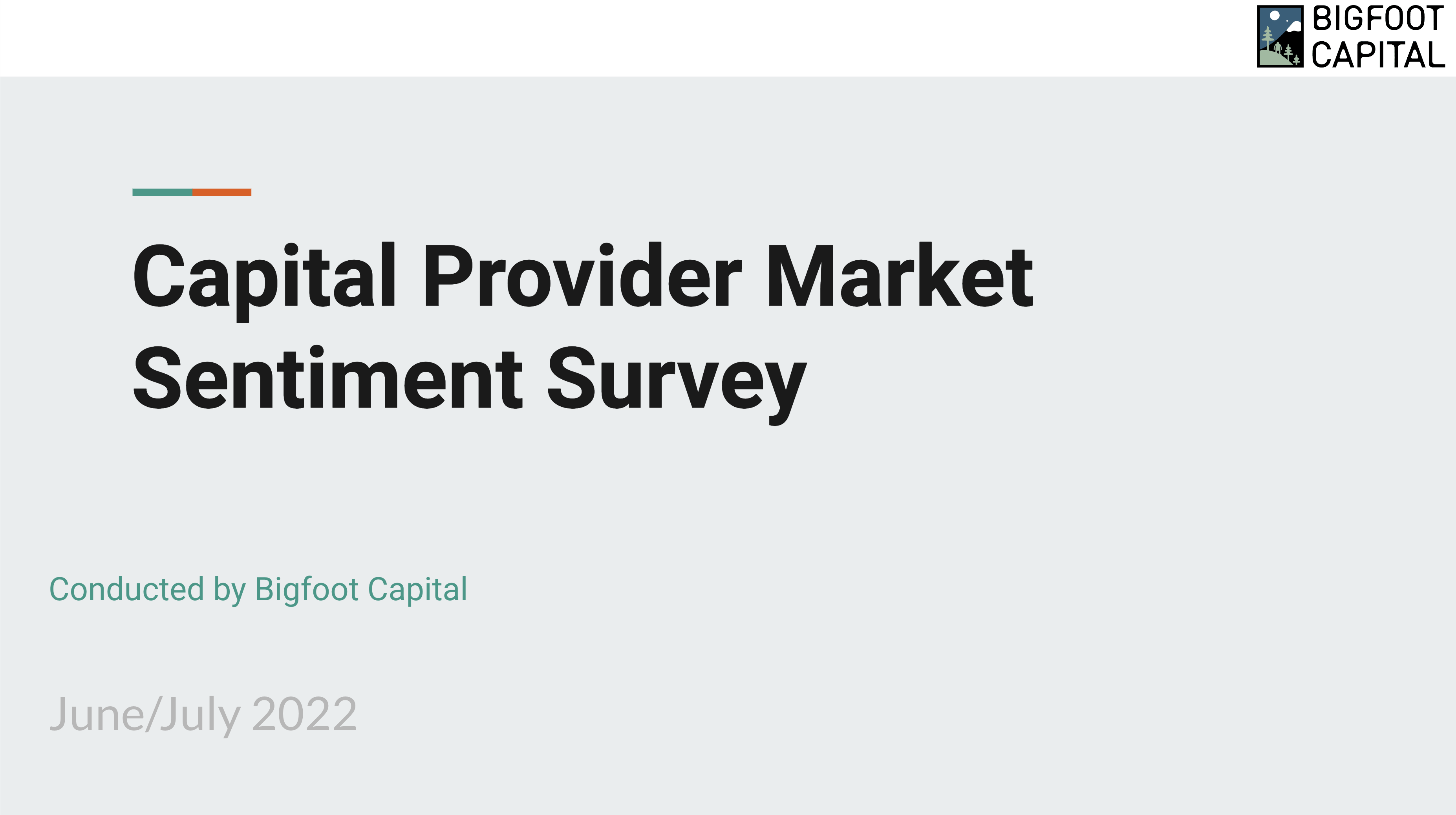
The phrase “it takes money to make money,” is a cliche for a reason. This is especially so for SaaS startups with newly launched products and Good Debt vs. Bad Debt.
Gone are the days of perfecting a product out of a customer’s view only to present it with a big rollout of marketing and fanfare. Instead, more and more, successful SaaS startups are relying on customer feedback in the early stages of development to build products that customers actually want. This requires startups to attain capital long before steady cash flow is established.
And, in some cases, getting over this hump requires the dreaded the d-word: debt. But we need to explore Good Debt vs. Bad Debt.
On a personal level, debt is often seen as a negative thing. Credit card debt can be a drag on an individual’s finances, while student loan debt can be a long-term concern that takes years to pay off (despite the upside that comes with an education).
But, business debt is different. Unlike personal debt, it can be a crucial tool for success, especially if it’s tailored to your company’s needs. For a SaaS startup, in particular, borrowing money can allow your business to grow and scale in a way that wouldn’t be possible without extra capital. Even so, taking out money can feel scary for startup owners trying to launch an idea. Here’s why you should consider taking on debt as a growth strategy for your SaaS startup.
Debt provides capital to help your company grow.
Before the need for capital earlier on in the product development cycle emerged in the startup industry, sparking diverse alternative lending options, many startup owners were left with either the impossible pursuit of bank loans or taking on personal debt out of necessity to fund their early-stage businesses. Over the last twenty years, however, a variety of alternative debt-based funding resources have developed to meet the needs of startups. These new models can provide capital in a way that doesn’t strap your business for cash from month-to-month like archaic loan models and instead, with the right financial partner and product, help your company to flourish.
Debt helps business owners prevent dilution.
Giving away company equity in exchange for venture capital, especially early on when shares of equity have the least value, is expensive. As your company grows, shares sold early on will become proportionally larger. This can lead to a situation in which you pay the investor well above what you would have on a loan’s interest. Gaining access to capital in alterative ways, such as venture debt or revenue-based financing, however, can be equally lucrative, but can be much less expensive in the long run.
Debt limits the need for endless cycles of fundraising.
When you land your first big fundraising check, you might feel as if you have won the lottery. But, hold the “business expense” bottle of champagne. Most often, not only does fundraising dilute your control of your company, it also winds up being a hamster wheel for companies that allow their infrastructure to become too reliant on the funds. In other words, one successful round just leads to the next round, not necessarily to organic business growth. Taking on debt, rather, can allow you to focus on growing the profitability of your business, rather than fundraising from round to round.
Debt is an effective complement to other capital sources.
If a company is too reliant on debt, it’s of course bad for business. But, if debt is a complement to other funding sources, debt can be effectively leveraged a company to help it grow. Even for established businesses, balancing the use of the use of debt and equity to keep the average cost of capital (also called weighed average cost of capital or WACC) at a minimum is indicative of healthy finances.
Debt is a bit of a dirty word when it conjures images of credit cards and overspending. But remember, Good Debt vs. Bad Debt, there are many forms of debt, and not all are bad.
When used effectively as a tool for growth, debt can be transformative for your business. This is especially true if you have a clear budget outlined for borrowed funds, in which case the money that you loan is likely to take you further.
So, do not be afraid. Instead, take on the right debt necessary for your business needs, find the right financial partner, and get your business growing.








